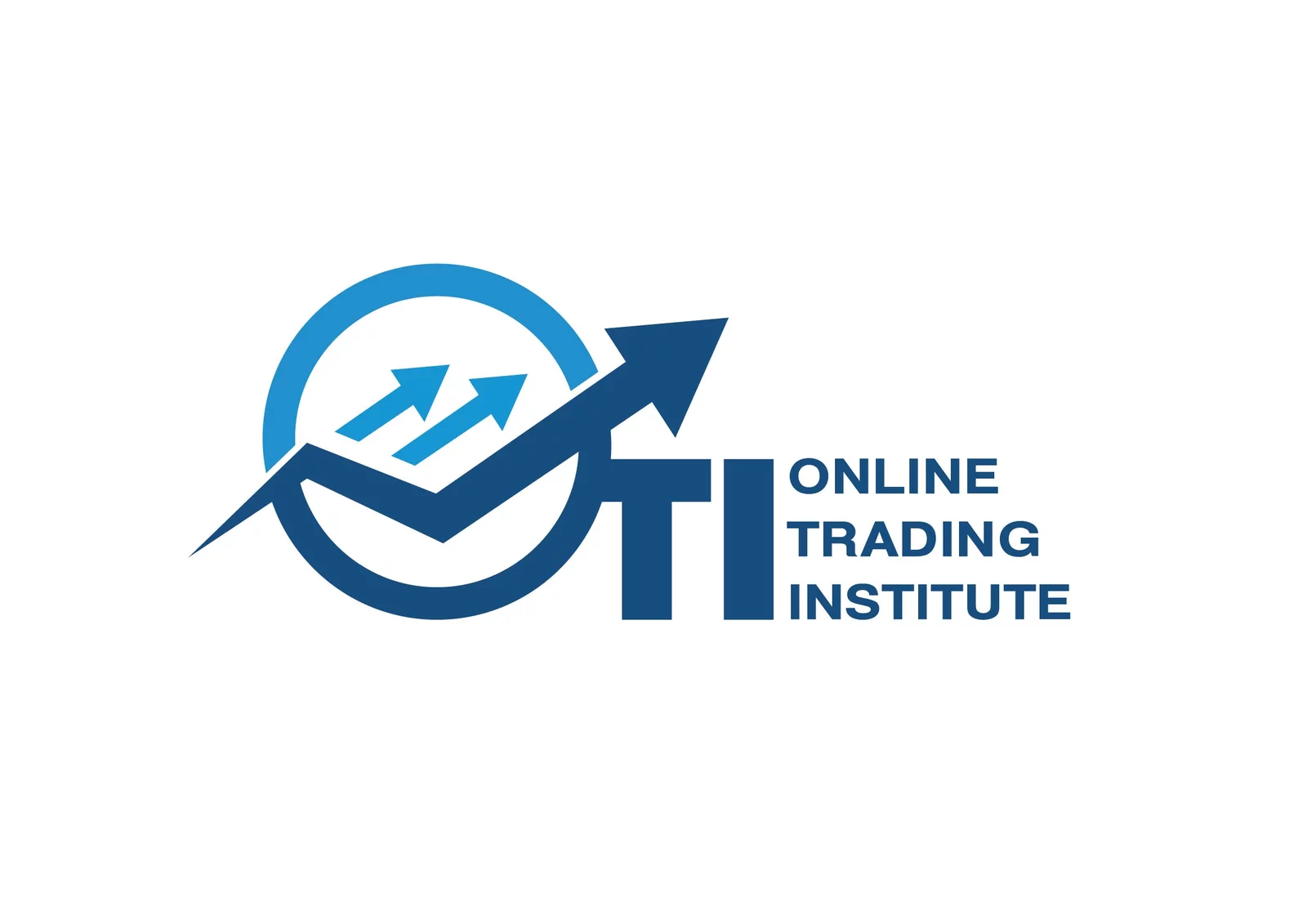Top Risks Involved In Commodities Trading
When traders are dealing with commodities segment there is no such thing called risk free trade. Higher the returns higher is the chance of risk.
Commodity risks are emerging as critical differentiators influencing the business growth of commodity traders.
Commodity trading thrives through exchanges which involves taking deliveries. Transportation and storage of deliveries must be arranged. This opens up number of risks.
The commodity risks can disrupt the trading operations of organizations as well as affect their financial performance.
Managing and controlling commodity risks is vital for an organization to trade commodities easily without exposing the business to unnecessary risks.
Following are the commodity risks that need to be managed and control in order to ensure maximum growth of your business.

Commodity Trading Risks and Management
Commodity trading risks are based on factors that are present in a commodity trading contract that can bring up a loss in that contract. Some risks are prevalent to particular commodities.
Risks might influence particular commodities more than the others. There are few trading risks that can’t be eliminated. However, there are tips and tricks to handle each of them.
Following are the risks which can be reduced:
Volatility
Volatility of commodities is the primary reason people invest in them. Price of the commodities can fluctuate on a momentary basis.
People invest in commodities to make profits from these fluctuations.
Volatility is the biggest risk factor in commodity trading. The price of the commodity can dip at any time leading to huge losses.
- Risk Management
Managing volatility of commodities is entirely up to a trader. Unless any catastrophic event takes place, the prices of commodities are influenced by various factors.
Leverage
Commodity trading gives a great boon in the form of Leverage. However amateur traders misuse novice traders and it becomes a commodity trading risk.
For Example, if the price of commodity is Rs 10000 and the leverage is 30% you would have to put in Rs 3000 for the commodity.
This doesn’t mean the remaining money loses its value, it can be thought as a loan from the commodity exchange.
So, if the price of the commodity goes up by 30% then the new price is Rs. 13000 you will receive profit of Rs. 3000 and triple your investment.
However if the price of the commodity goes down by 30% then the new price becomes 7000 and the entire investment is wiped out. Most investors can’t handle this properly.
- Risk Management
The best way to handle margin related commodity trading risks is to not invest all your money altogether.
Inexperience
Lack of experience can be one of the greatest commodity trading risk for a trader. Many people take a plunge in commodity trading.
They are influenced by their friends, relatives or the media about how commodity trading is the easiest way of becoming rich.
They make haphazard decisions in the beginning. They end up wiping out their entire capital in first few trades.
- Risk Management
The trader should learn the nuances of commodity trading before making the first trade. Trader can manage this risk as it is on the side of the trader. It is essential to see how the market functions.
Emotional Influence
Decisions made in commodity trading should be backed by analysis and not emotions. They keep on holding on to their contracts in hope of a profit just because they want avoid realizing the fact that they made a wrong decision. People borrow money to invest in commodity trading and sooner than later it can turn into addiction if not done in moderation.
- Risk Management
Emotional influence should be handled by the investor himself. Investor should be aware of the fact that while investing in commodities, losses are an integral part. One should pre-set the amount of money one can spare for commodity trading.
Unforeseen Risks
Unforeseen Risks are the most important part of commodity trading. These risks are hardest to handle as one cannot handle as one cannot predict them in advance. Unforeseen risks involve a random third-party event that causes the price of commodity to increase or decrease rapidly. These events could be natural or artificial that can happen to any commodity at any time.
- Risk Management
The best way to handle unforeseen risks is to be prepared. The investors should not invest their capital all at once.
Additional Risk Management Strategies
Stop Loss
The best advantage of commodity trading is you can manage losses. Stop losses is a command given to the broker to sell your contracts once they dip below a certain point. This is done to limit and reduce the losses.
Margin call
Margin calls are events where a broker would ask you to put more money in the account to keep up the share of equity you purchased in a commodity. Margin calls are signs that you are losing money and you should never answer them.
Following were some of the risks involved in Commodity Trading. We hope that you liked the article. Please share the article with your friends and stay tuned for more articles.
FAQS
Q.) Are commodities low or high risk?
Answer : Commodity trading tends to be more high-risk than tock trading.
Q.) What are the risks in commodity trading?
Answer : Operational risks, Counterparty risks, Credit Risks are some of the risks in commodity trading.
Q.) What type of risks are commodities ?
Answer : Commodity risk is the threat of price fluctuations of a raw material.
Q.) What is the safest commodity to trade?
Answer : Gold market boasts diversity and growth. It is the safest commodity to trade.
Q.) How profitable is commodity trading?
Answer : Commodity trading can bring you profits if you are knowledgeable about the aspects that drive commodity prices.
